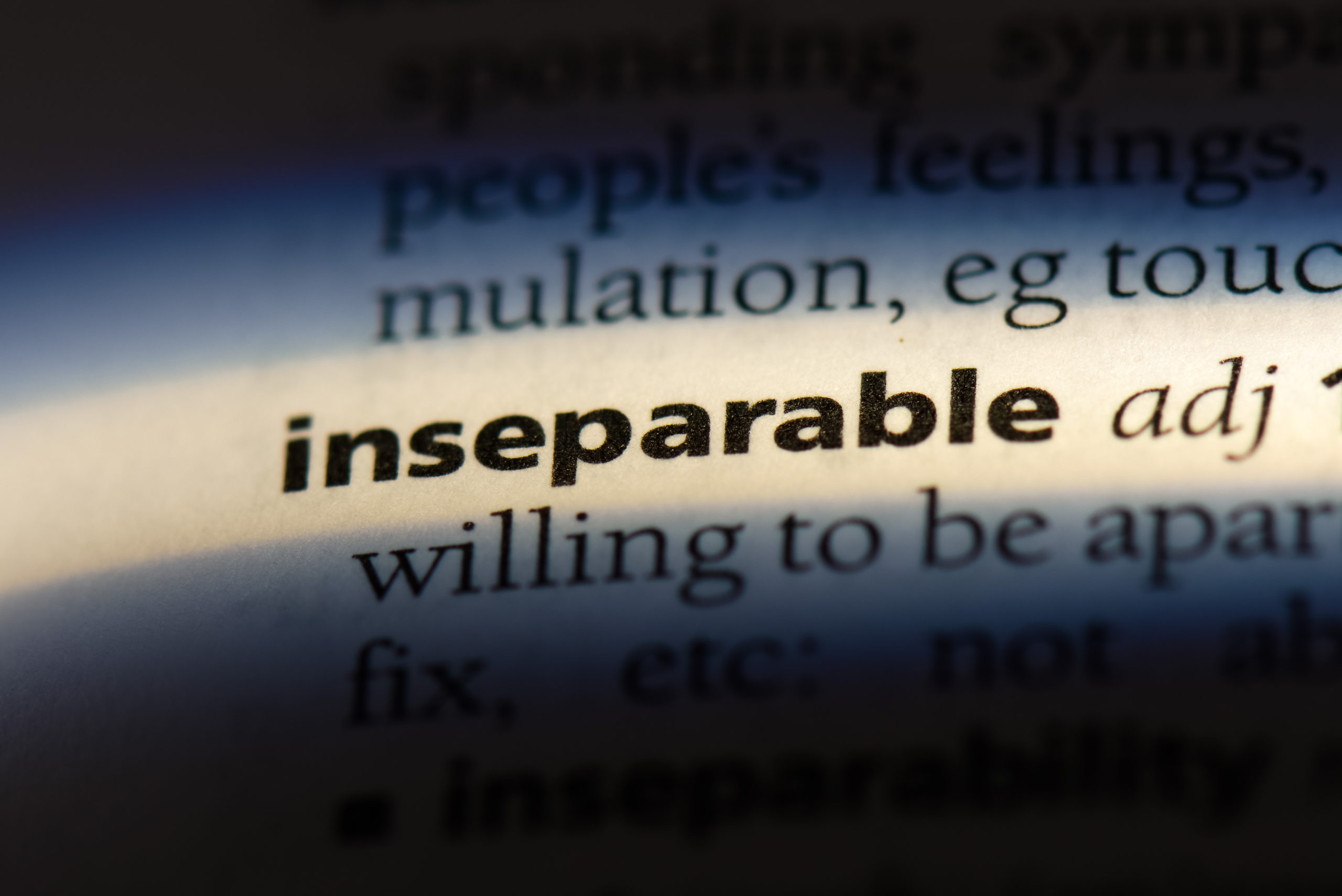
In one of my previous posts, I discussed the basic requirements for bringing a CPLR 3213 motion for summary judgment in lieu of complaint. One such requirement (and the one that generates the largest body of case law), is that the document upon which the motion is based qualify as either a “money instrument” or “judgment” within the meaning of CPLR 3213. Where the movant satisfies this requirement, and proves non-payment on the part of the defendant, summary judgment pursuant to CPLR 3213 may be warranted.
But, what if the party opposing a CPLR 3213 motion interposes affirmative defenses or asserts possible counterclaims? The CPLR makes no reference to the disposition of counterclaims asserted on a CPLR 3213 motion for summary judgment in lieu of complaint. And so, under what circumstances will a defense or possible counterclaim raise a genuine issue of fact warranting denial of the motion? This question was recently addressed by the First Department in Deka Immobilien Inv. GmbH v Lexington Ave. Hotel, L.P. (2021 NY Slip Op 04275 [1st Dept Jul. 8, 2021]).
There, the plaintiff, a German capital investment company acting for the benefit of the German open-end real estate fund Deka Immobilien Global (“Plaintiff”), entered into a partnership agreement with two affiliates of a New York-based real estate investment company, forming defendant partnership Lexington Avenue Hotel, L.P. (“Defendant”). On July 31, 2015, Plaintiff issued a credit mandate, whereby it instructed German bank Bayerische Landesbank (“Bayern”) to loan $136 million to Defendant. By operation of German law, Plaintiff became a guarantor under the loan. That same day, Plaintiff, Defendant, and Bayern entered into a $136 million loan agreement, providing the loan would be repaid in one installment on June 30, 2020.
Between November 2019 and June 2020, Defendant tried to obtain an extension on the loan, but Bayern refused. Ultimately, Defendant defaulted on the loan and Bayern demanded payment from Plaintiff, as guarantor. Plaintiff paid Bayern the full principal and interest due on the loan and entered into an assignment agreement with Bayern, whereby Bayern assigned all of its claims and rights under the loan agreement to Plaintiff. Plaintiff thereafter commenced an action against Defendant by way of a CPLR 3213 motion for summary judgment in lieu of complaint.
The Manhattan Commercial Division (Ostrager, J.) denied Plaintiff’s CPLR 3213 motion, finding issues of fact concerning Plaintiff’s standing and capacity to sue. On appeal, the First Department reversed and granted Plaintiff’s motion, holding that Plaintiff established its prima facie entitlement to summary judgment. With respect to Defendant’s set-off and recoupment defense – which was based upon fiduciary obligations Plaintiff allegedly owed Defendant – the First Department concluded the defense was “separate and severable from plaintiff’s claim under the loan agreement and does not defeat plaintiff’s motion for CPLR 3213 treatment.”
In New York, the assertion of defenses or possible counterclaims based on facts extrinsic to the money instrument are insufficient to defeat a CPLR 3213 motion. Indeed, given the policy reasons underlying CPLR 3213, New York courts are generally hesitant to permit a defense or counterclaim to defeat an otherwise legitimate CPLR 3213 claim. For instance, in Midtown Neon Sign Corp. v Miller, (196 AD2d 458, 459 [1st Dept 1993]), the First Department held summary judgment pursuant to CPLR 3213 was appropriate, despite defendant’s claims of breach of fiduciary duty, because those claims “[did] not involve the note; nor [did] they constitute either a defense to a claim for payment thereon or a basis for cancellation.” By contrast, the Second Department in Lackmann Food Service, Inc. v E & S Vending Co., Inc. (125 AD2d 366 [2d Dept 1986]) held that the defendants’ counterclaim alleging failure of consideration and lack of mutuality, to plaintiffs’ action on promissory notes and guarantees of payment, presented a viable claim arising from the underlying transaction and was inseparable from the plaintiffs’ cause of action.
Takeaway
The question of whether a counterclaim may be entertained in a CPLR 3213 action – in view of the statute’s intention to summarily dispose of the main claim – is an interesting one. New York courts are generally hesitant to permit a counterclaim to impede an otherwise legitimate CPLR 3213 claim. The general rule is that, although a counterclaim should not be entertained where the plaintiff seeks summary judgment in lieu of complaint, interposition will be allowed when “it appears that the transactions upon which the counterclaim is based are inseparable from and may constitute a defense to the main claim.” Otherwise, a court will likely grant the plaintiff’s CPLR 3213 motion, and sever the defendant’s defenses/claims from the main action.
*Last week, the Defendant in Deka Immobilien filed a motion to reargue the First Department’s decision. In the motion, Defendant argues its breach of fiduciary duty defense/claim for set-off and recoupment is directly related to Plaintiff’s main claim because Plaintiff’s alleged breaches of their fiduciary duties are what ultimately caused Defendant’s inability to perform its obligations under the loan agreement – the same obligations Plaintiff seeks to enforce through its CPLR 3213 motion. Stay tuned for updates on how the First Department rules.